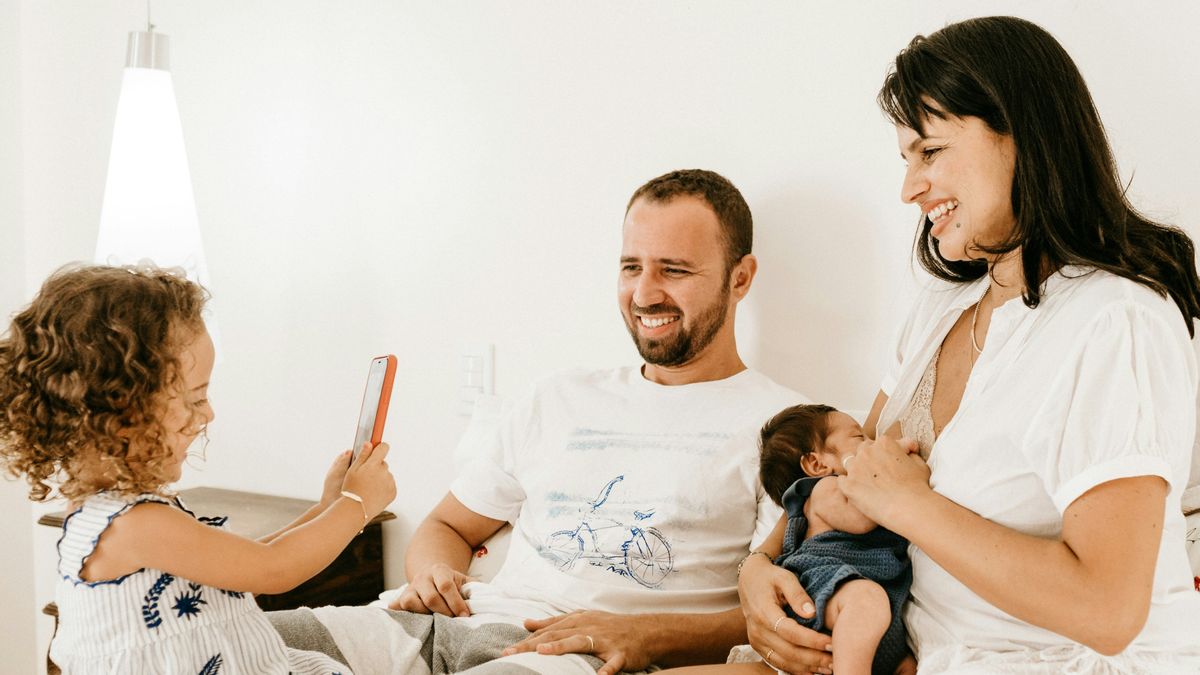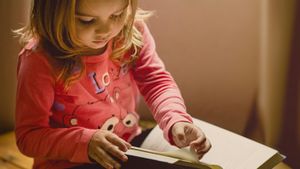JAKARTA - Childhood is the main foundation of children's development. The role of parents is very important in accompanying children from an early age, especially to support their motor, language, and social development. In addition to children's integrative abilities, it also needs early attention. By getting used to playing with parents, children will get used to communicating well and being more confident in interacting with the outside world.
According to data from the Central Statistics Agency (BPS) 2023, the toddler group (1-4 years) in Indonesia reached nearly 60% of the total early childhood, while the preschool group (5-6 years) was around 30%. More than half of the population of early childhood is in Java, while the rest are spread across other islands. This figure shows, in the next 5 years, the responsibility of Indonesian parents is not easy in guiding children during their golden development. Because it turns out that it is not only nutrition and education that must be considered, it turns out that playing is one of the supporting factors in the development of children's motor skills, language and communication.
SEE ALSO:
According to research reported by Neuroscience News, playing also contributes to children's learning readiness. Studies show that children who have enough playing time are better able to adapt in the school environment, with improvements in learning behavior and problem solving skills. While playing, children develop motor skills, creativity, and social skills. For example, playing with the ball helps children train fine motor skills, while playing roles help them learn to communicate and understand emotions.
UNICEF also mentions that playing is the right of every child in the world, because of its tremendous benefits. Through playing, children learn to face challenges, try new things, and find solutions to the problems they face. Like when children play animal puzzles, where they try to compose cut images while learning about animal names.
In fact, not a few children have various kinds of busyness such as various kinds of tutoring and access to gadgets that end up spending their time playing. Such as playing puzzles, stringing blocks and drawing or coloring that can provoke creativity according to their wishes. Parents can start by inviting their children to play together, where children become 'pilots' that determine the direction of the game. The moment of playing together is a valuable time to strengthen emotional relationships between parents and children.
In accordance with the 20-30 minute play theory with the child, which was conveyed by Piaget and Erikson which states that, playing is the key to learning consolidation and self-formation. By actively involving themselves, parents not only help their children's physical and mental development but also create beautiful memories that support their self-confidence.
In line with this theory, Fondy Prasetio, Headmaster of Capap Kids Academy, said that playing is not only a means of recreation or entertainment for children, but is also an important factor in the development of children's learning skills.
"Playing is a bridge to connect the child's world with learning. When parents spend time playing together, they not only support children's physical and mental development, but also create closer and meaningful relationships," said Fondy.
By playing directed and parental support, children can grow up to become confident, creative, and ready to face the future. And, it can support the stimulation of children's thinking skills, emotional development and focus on developing and understanding new things. So, it turns out that it's as important as the benefits of playing with parents for children.
The English, Chinese, Japanese, Arabic, and French versions are automatically generated by the AI. So there may still be inaccuracies in translating, please always see Indonesian as our main language. (system supported by DigitalSiber.id)


















